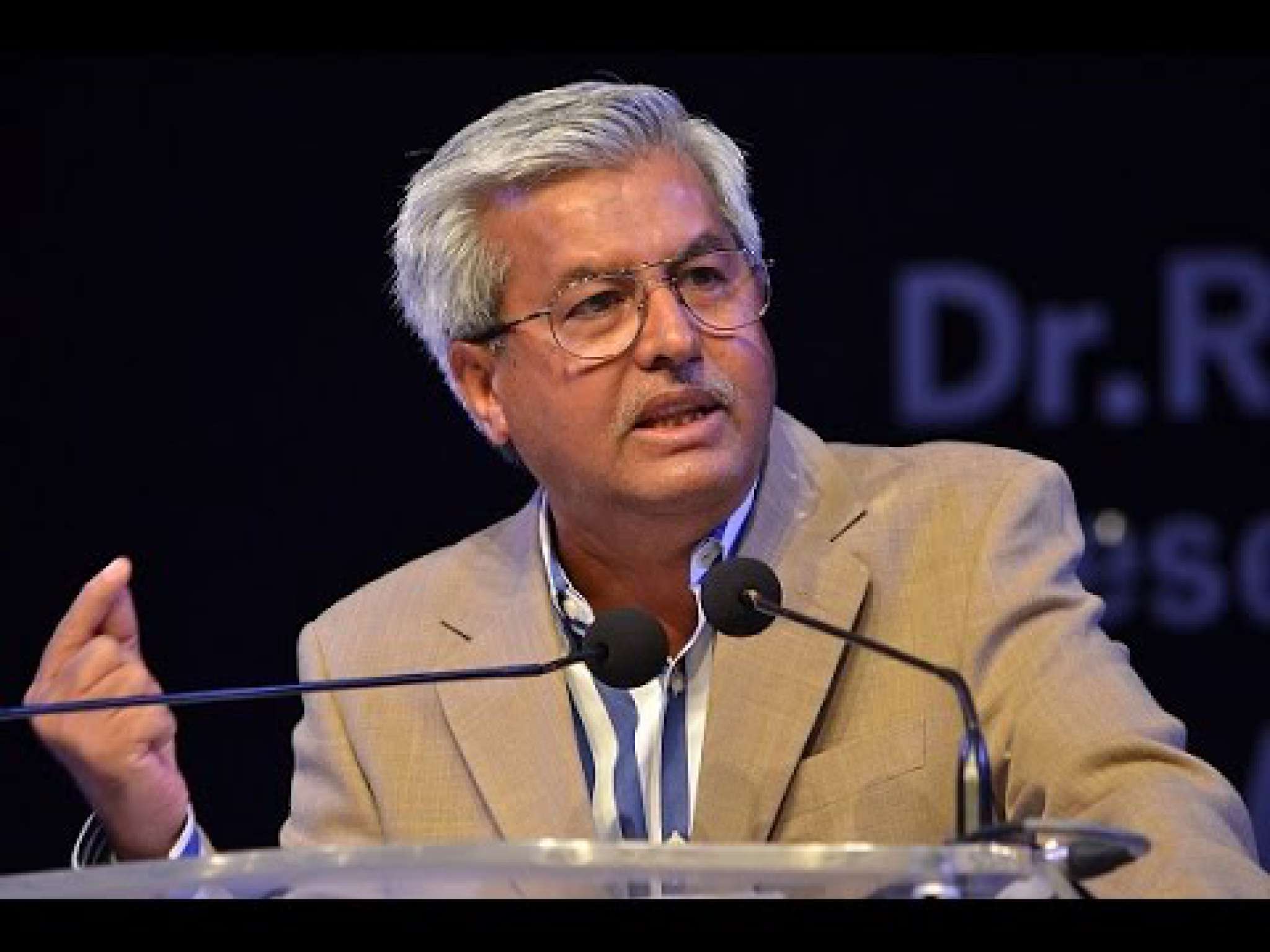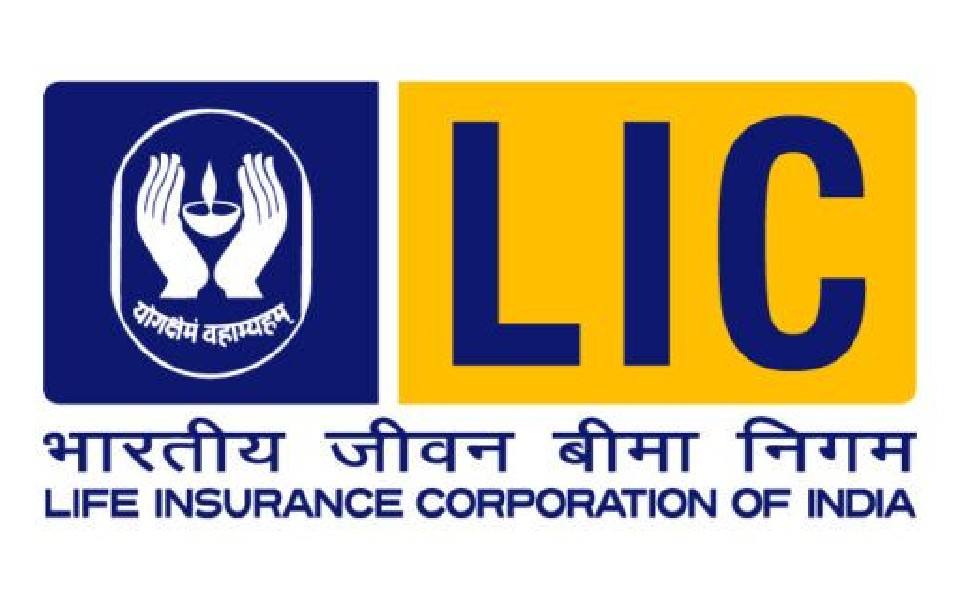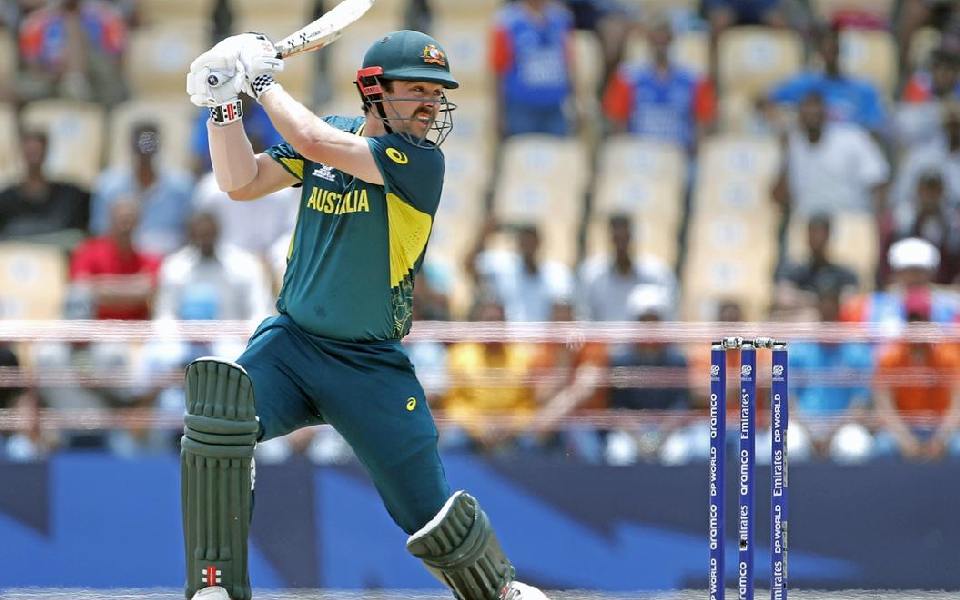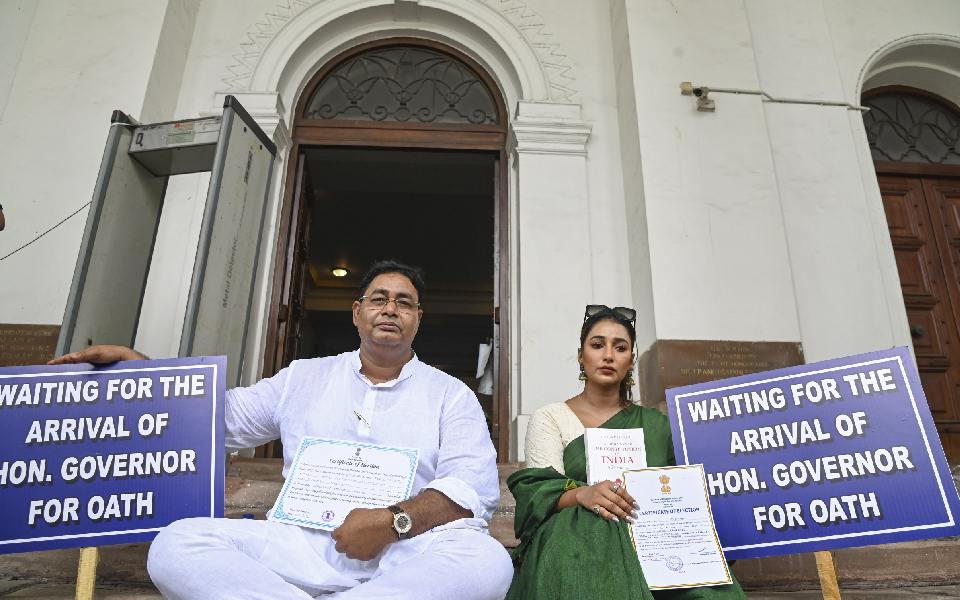New Delhi: Former President of Supreme Court Bar Association, Dushyant Dave has come out in the support of young Muslim girls wearing Hijab in Schools and Colleges asserting if a secular India can accept a CM in wearing saffron robes in his official government office, then, why can’t it accept young Muslim women in Hijab.
Speaking to The Wire’s Karan Thapar during an interview, Dave, one of India’s most highly regarded Supreme Court lawyers said “In applying the “so-called” essentiality test to the question, is the Hijab an integral part of Islam, the Karnataka high court has misunderstood the Supreme Court’s 1954 Shirur Mutt judgement, which established the essentiality test, and therefore, wrongly applied the test.”
He further noted that the 1954 judgement contained a definition of religion which was all-encompassing and far-reaching that it included different types of food and dress that believers considered essential to their faith.
“If Muslim girls consider the Hijab as integral to their faith, then it is. The hijab is clearly covered by the 1954 judgement’s definition of religion,” he added.
In the interview for The Wire spanning 28 minutes, Dave proceeded to read out the 1954 judgement.
“It would not be correct to say that religion is nothing else but a doctrine or belief. A religion may not only lay down a code of ethical rules for its followers to accept, it might prescribe rituals and observances, ceremonies and modes of worship which are regarded as integral parts of religion, and these forms and observances might extend even to matters of food and dress”, the 1954 judgement said.
He asserted that this judgement has been frequently looked upon by the Supreme Court for roughly 70 years ever since the judgement. However, adding that if Karnataka High Court intended to tackle the essentiality test, it should have consulted the 1954 definition of religion reviewed in the Shirur Mutt judgement.
Meanwhile, he stressed on the driving force of his argument – if secular India can accept a chief minister wearing bhagwa [or saffron] – coloured clothes in his official government office, then why can it not accept young Muslim girls wearing hijab in schools?”
Former President of Supreme Court Bar Association, Dushyant Dave has come out in the support of young Muslim girls wearing Hijab in Schools and Colleges asserting if a secular India can accept a CM in wearing saffron robes, why it can’t accept young Muslim women in Hijab.
Speaking to The Wire’s Karan Thapar during an interview, Dave said “In applying the “so-called” essentiality test to the question, is the Hijab an integral part of Islam, the Karnataka high court has misunderstood the Supreme Court’s 1954 Shirur Mutt judgement, which established the essentiality test, and therefore, wrongly applied the test.”
He further noted that the 1954 judgement contained a definition of religion which was all-encompassing and far-reaching that it included different types of food and dress which believers considered essential to their faith.
“If Muslim girls consider the Hijab as integral to their faith, then it is. The hijab is clearly covered by the 1954 judgement’s definition of religion,” he added.
In the interview for The Wire spanning 28 minutes, Dave proceeded to read out the 1954 judgement.
“It would not be correct to say that religion is nothing else but a doctrine or belief. A religion may not only lay down a code of ethical rules for its followers to accept, it might prescribe rituals and observances, ceremonies and modes of worship which are regarded as integral parts of religion, and these forms and observances might extend even to matters of food and dress”, the 1954 judgement said.
He asserted that this judgement has been frequently looked upon by the Supreme Court for roughly 70 years ever since the judgement. However, adding that if Karnataka High Court intended to tackle the essentiality test, it should have consulted the 1954 definition of religion reviewed in the Shirur Mutt judgement.
Meanwhile, he stressed on the driving force of his argument – if secular India can accept a chief minister wearing bhagwa [or saffron] – coloured clothes in his official government office, then why can it not accept young Muslim girls wearing hijab in schools?”
Let the Truth be known. If you read VB and like VB, please be a VB Supporter and Help us deliver the Truth to one and all.
Mumbai, June 24, 2024: The Life Insurance Corporation of India (LIC) has issued a notice to its policyholders in light of recent news articles and publications about some entities offering to acquire LIC policies. These acquisitions, presented as an alternative to surrendering policies to LIC, have raised concerns among policyholders.
LIC clarified that it is not associated with any such entities or the products and services they offer. Any statements made by former LIC employees or personnel regarding these entities are personal opinions, and LIC disclaims any responsibility for them.
The notice emphasized that any sale, transfer, or assignment of LIC policies must comply with the Insurance Act, 1938, particularly Section 38. LIC reserves the right to refuse any such transactions if it believes they are not genuine, not in the policyholder's best interest, not in public interest, or intended for trading insurance policies.
LIC urged all policyholders to exercise caution before making decisions about their policies, which could jeopardize their financial security and the risk cover for their families. They advised consulting LIC officials at their branches before responding to any such offers.
LIC reaffirmed its commitment to transparency and protecting its policyholders' interests. For further information, policyholders can contact the Executive Director (CC) at LIC's Central Office in Mumbai via email at ed_cc@licindia.com or visit their website at www.licindia.in.





